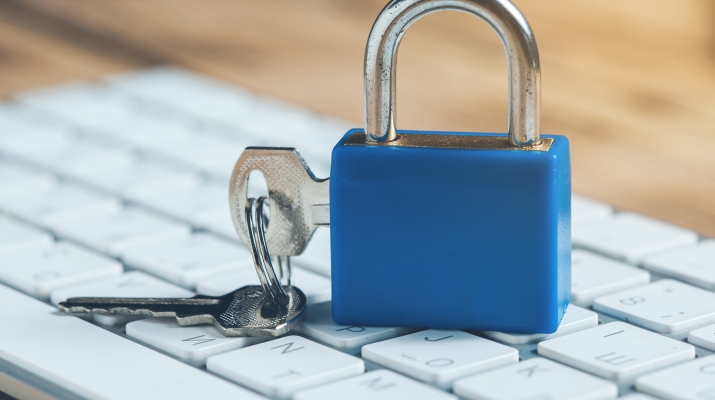Understanding the Importance of Data Privacy
Data privacy refers to the protection of personal information from unauthorized access, use, or disclosure. As digital services expand and data-driven technologies become more prevalent, protecting user data has never been more important. Prioritizing data privacy is essential for several reasons:
Building Trust and Credibility
When users trust that their personal information is handled responsibly, they are more likely to engage with a website or application and share their data willingly. Demonstrating a commitment to data privacy can enhance a business's reputation and foster long-term customer relationships.
Legal and Regulatory Compliance
Adhering to data privacy regulations is not just a best practice; it's a legal requirement in many jurisdictions. Regulations like the General Data Protection Regulation (GDPR) in the European Union and the California Consumer Privacy Act (CCPA) in the United States set strict standards for data protection. Complying with these regulations helps businesses avoid costly fines and legal repercussions.
Best Practices for Securing User Information
Implement Strong Authentication Mechanisms
A robust authentication system is the first line of defense against unauthorized access. Use multi-factor authentication (MFA) to require users to verify their identity through multiple methods, such as passwords, biometrics, or one-time codes. Additionally, employ password hashing and session management techniques to further protect user accounts.
Encrypt Sensitive Data
Encrypting data is essential for protecting it from interception or unauthorized access. Ensure that sensitive data is encrypted both in transit and at rest. This includes encrypting data transmitted over networks and securely storing data in databases or on servers. Utilizing strong encryption algorithms will enhance data security significantly.
Limit Access to Data
Restricting access to data on a need-to-know basis minimizes the risk of data breaches. Implement role-based access controls (RBAC) and least privilege principles to ensure that only authorized personnel have access to sensitive information. Regularly review and update access permissions to prevent unauthorized access from inactive or former employees.
Regularly Update and Patch Systems
Keeping software and systems up-to-date with the latest security patches is crucial for addressing known vulnerabilities. Establish a regular patch management process to identify and apply updates promptly. This includes updating operating systems, web servers, databases, and third-party software components used in web applications.
Educate Employees and Users
Investing in education and training is vital for fostering a culture of security awareness. Provide employees with training on data privacy best practices, security policies, and procedures. Similarly, educate users about privacy settings, data sharing options, and potential risks to empower them to make informed decisions about their personal information.
Data privacy is a fundamental aspect of responsible data management and a key consideration for businesses in today's digital landscape. By implementing best practices for securing user information, businesses can build trust with their customers, comply with regulatory requirements, and mitigate the risk of data breaches. At Provisio, we are dedicated to helping businesses navigate the complexities of data privacy and safeguard user information effectively. Contact us today to learn how we can assist you in enhancing your data privacy practices and protecting your users' information.
